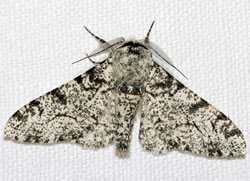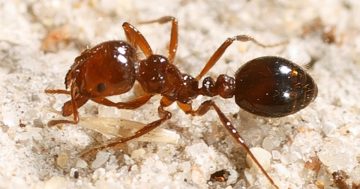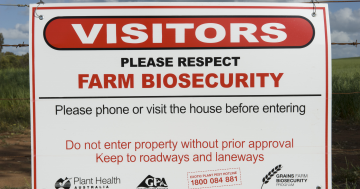 The Department of Primary Industries and Regional Development (DPIRD) has intercepted more than 24,000kg of risk material in the past 12 months that could have resulted in the introduction of unwanted pests, diseases and weeds.
The Department of Primary Industries and Regional Development (DPIRD) has intercepted more than 24,000kg of risk material in the past 12 months that could have resulted in the introduction of unwanted pests, diseases and weeds.
Manager (Import Clearance) at DPIRD, Grant MacDonald said keeping out pests, diseases and weeds was a shared responsibility.
“The community, Governments, industries, importers and exporters, local producers, and travellers all have to do their bit to maintain our biosecurity to protect our $11 billion agriculture, aquaculture and fisheries industries and our natural resources,” Mr MacDonald said.
“Unwanted pests and diseases can increase costs for primary producers and disrupt export and domestic trade for agriculture, forest, aquaculture and commercial fishing, as well as affect our unique environment, biodiversity and way of life,” he said.
Mr MacDonald said some of the items people could not bring into the State included fresh fruit and vegetables, honey, seeds and plants, crustaceans and gardening tools like chainsaws and mowers that were dirty with soil and plant material.
In a statement, DPIRD said in the past financial year, the Department’s Quarantine WA officers inspected more than 84,000 vehicles coming through the road checkpoints at Kununurra and Eucla and met nearly 600,000 airline passengers arriving into the State.
It said some of the more interesting intercepts included 20kg of pine cones in a vehicle at the South Australian checkpoint, 40 plants in a vehicle at the Northern Territory checkpoint and a large fruit and vegetable assortment from one passenger arriving at the Perth Domestic Airport.
The Department said officers also inspected and certified more than 38,000 livestock being imported into the State and conducted 157,062 inspections on imported produce and seed resulting in 40 significant plant pest intercepts including geometrid moth (pictured), mango seed weevil and looper caterpillar.





